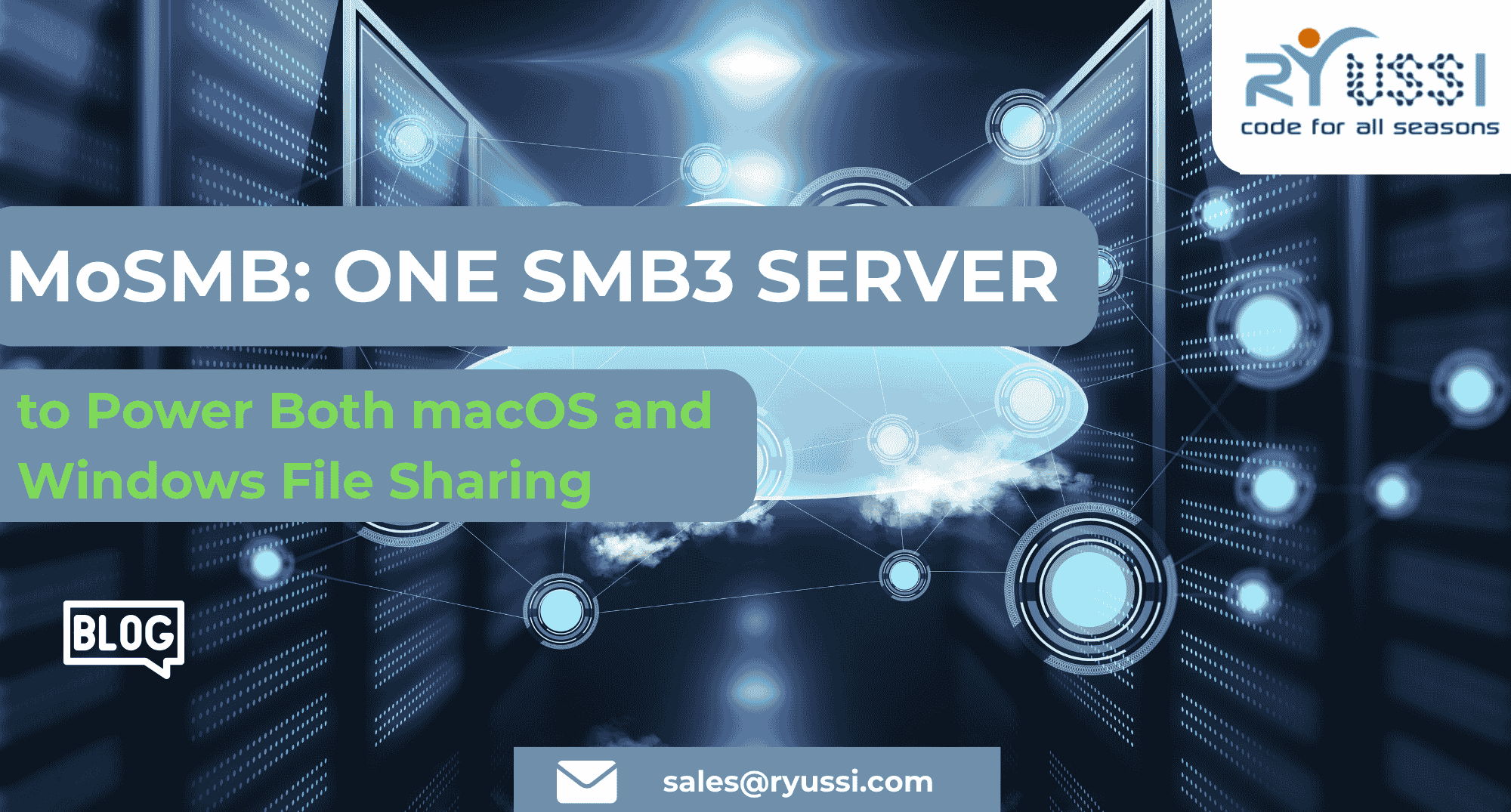
MoSMB Supporting AAPL CONTEXT and Streams: Enhancing macOS File Sharing
In today’s collaborative environments, seamless file sharing between different operating systems is essential. For macOS users, this often means leveraging the Server Message Block (SMB) protocol—the same technology used by Windows for file sharing. However, macOS has unique requirements, especially regarding file metadata. This is where support for Apple’s SMB extensions—namely AAPL CONTEXT and Alternate Data Streams—becomes crucial.
Understanding macOS SMB Extensions
macOS introduces several proprietary extensions to the SMB protocol to ensure that Apple-specific file attributes and metadata are preserved when files are shared across networks. Two of the most important are:
- AAPL CONTEXT: This extension allows macOS clients to exchange additional context information with SMB servers, improving compatibility and performance, especially for Apple-specific file operations.
- Alternate Data Streams (Streams): macOS traditionally uses extended attributes to store metadata (like Finder info, icons, and custom attributes). When using SMB, macOS can store this metadata in alternate data streams, preventing the creation of auxiliary files (like AppleDouble files) and maintaining file integrity
Why MoSMB Support Matters
MoSMB is a high-performance SMB server implementation. When it supports AAPL CONTEXT and Streams, macOS clients benefit from:
- Preserved Metadata: All Apple-specific file attributes are retained when files are copied, moved, or accessed via SMB.
- Reduced File Corruption: Storing metadata in alternate data streams avoids the creation of AppleDouble files, which can lead to confusion and potential data loss
- Better User Experience: macOS users can browse, open, and edit files on SMB shares as if they were local, with no loss of functionality or metadata.
How It Works in Practice
When a macOS client connects to an MoSMB server that supports these extensions:
- File Access: The client negotiates with the server to use Apple’s SMB extensions.
- Metadata Handling: Metadata is stored in alternate data streams, not as separate files.
- Directory Browsing: Extensions like ReadDirAttr improve the performance of listing files in large directories by efficiently fetching Apple-specific metadata
Conclusion
Support for AAPL CONTEXT and Streams in MoSMB is a significant advantage for organizations with macOS users. It ensures that Apple’s unique file metadata is preserved, enhances performance, and provides a seamless, native experience for Mac users accessing SMB shares. By leveraging these extensions, IT administrators can deliver robust, reliable, and efficient file sharing solutions tailored to the needs of today’s diverse computing environments.






